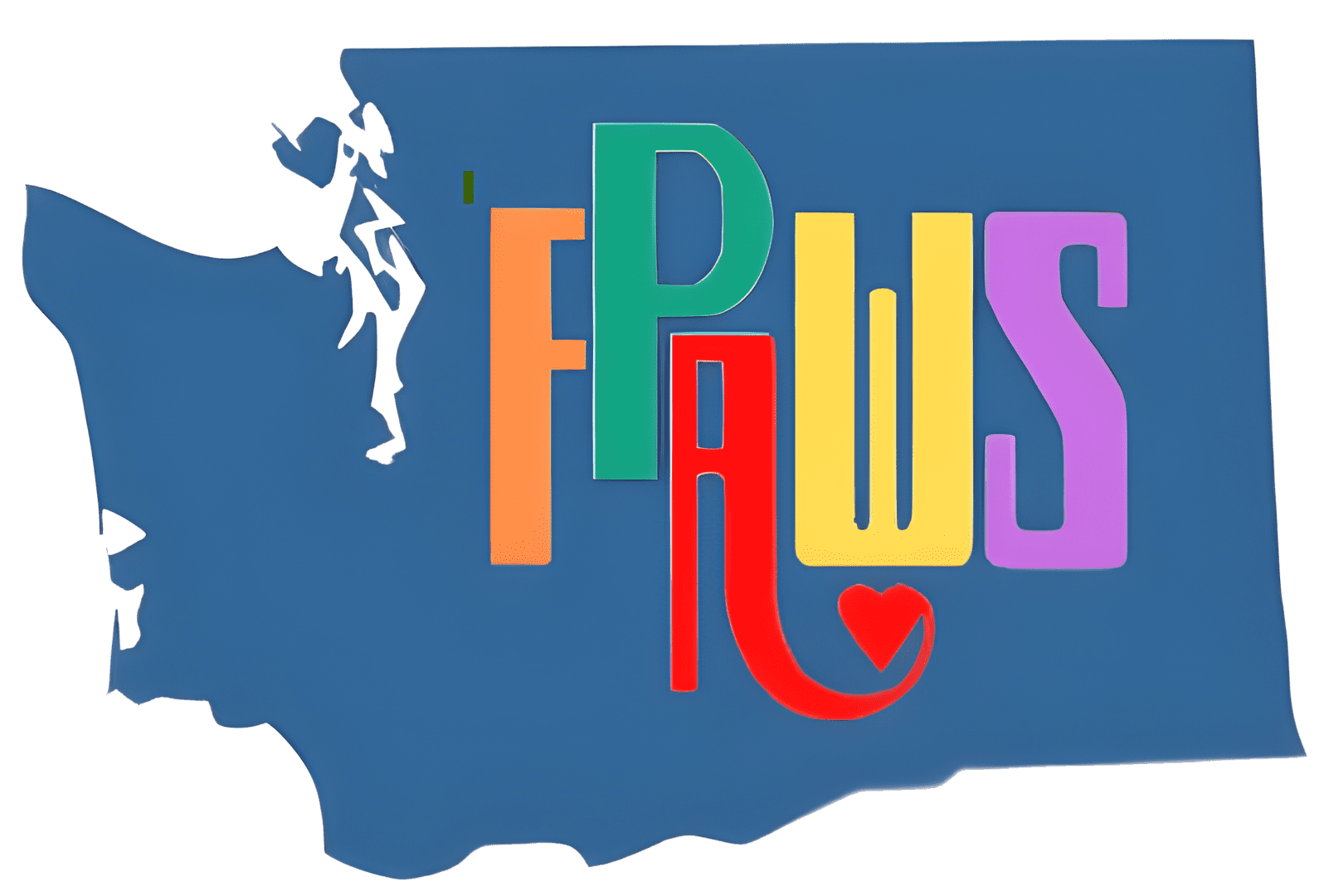Dear DCYF Caregivers, In order to reduce deaths due to opioid-related overdose, DCYF caregivers may administer Naloxone (common brand name Narcan) if an individual appears to be experiencing an overdose. WAC 110-148-1565 allows caregivers to store Naloxone, where it is easily accessible in case of an emergency. Youth are allowed to carry Naloxone on their persons. It is preferred that DCYF Caregivers receive training before administering Naloxone; however, training is not required in an emergency. Steps for administering and documenting the use of Naloxone:
Training Instructions and Link: (Training Length – 6 minutes) Video – How to administer Naloxone: Opioid Overdose – Administering Naloxone video Note: the training video shows both nasal spray and injectable forms of Naloxone; however, the vast majority of Naloxone is given in the nasal spray form, with the injectable type usually being reserved for emergency personnel. How to Access Naloxone In an attempt to make opioid overdose reversal medication available to as many individuals as possible, the Washington State Department of Health (DOH) has a standing state order for the purchase and use of opioid overdose reversal medications. This means an individual can go directly to the pharmacy and use their private insurance, Medicaid coverage, or cash to purchase Naloxone. Children and youth can obtain Naloxone in the following ways:
Caseworkers should work with caregivers to support and assist children and youth in obtaining Naloxone if they so desire. If you need information about accessing Naloxone for a child or youth, contact: Coordinated Care of WA (CCW): AHCCTeam@ If you have any questions, contact: James Vallembois; Substance Use Disorder Program Manager; [email protected] Trishia Benshoof, Foster Care Health Program Manager; [email protected] |

